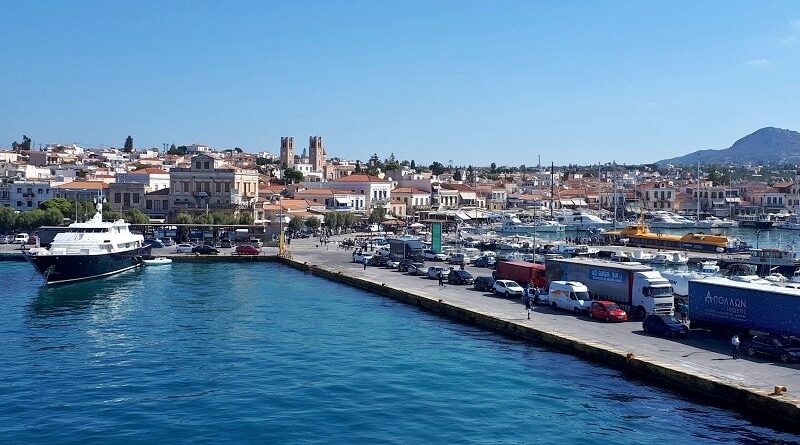Greek Ferry Ticket Price Set to Rise by 15%
A further price hike of 15% in Greek ferry tickets is expected in 2025, with locals fearing they will become too expensive.
Price hike of Greek ferry tickets
According to a report in Greek newspaper Kathimerini, ferry passengers can expect a 15% increase in ticket prices this year.
The expected price increase is driven by new EU environmental regulations aimed at curbing carbon and sulphur emissions in the transport sector.
Such EU rules require ferry operators to use more expensive biofuels, resulting in a rise in ticket prices to offset the increased costs.

Vicious circle
The expected price hike of Greek ferry tickets is the latest in a series of increases, as ferry tickets in Greece have progressively become more expensive over the past few years.
One industry leader from the maritime sector told Kathimerini that shipping bosses fear they will soon enter “a vicious cycle”, with higher costs reducing demand.
As this could seriously impact the profitability of ferry routes, prices could skyrocket further, or routes may be scaled back or scrapped.

Expensive tickets
An earlier report in Greek weekly newspaper To Vima found that ferry tickets in Greece are the most expensive in Europe, even higher than those in Scandinavia, where locals have much greater purchasing power than in Greece.
On some Greek ferry routes, average ticket prices are 60% higher than those in Northern Europe.
One example cited the case of a family of four travelling with their car, who would need to pay €696 for the Copenhagen-Oslo ferry with a private cabin, while the shorter trip between Piraeus and Rhodes for four people with a car and cabin would cost €1,105.50.
Apart from the rising costs of operating ferries, a study by XRTC Business Consultants, which specialises in the maritime industry, also found that the lack of government will to regulate the market, along with the current shipping oligopoly controlling most ferry routes and holding the greatest capacity, all contribute to the high ticket prices.
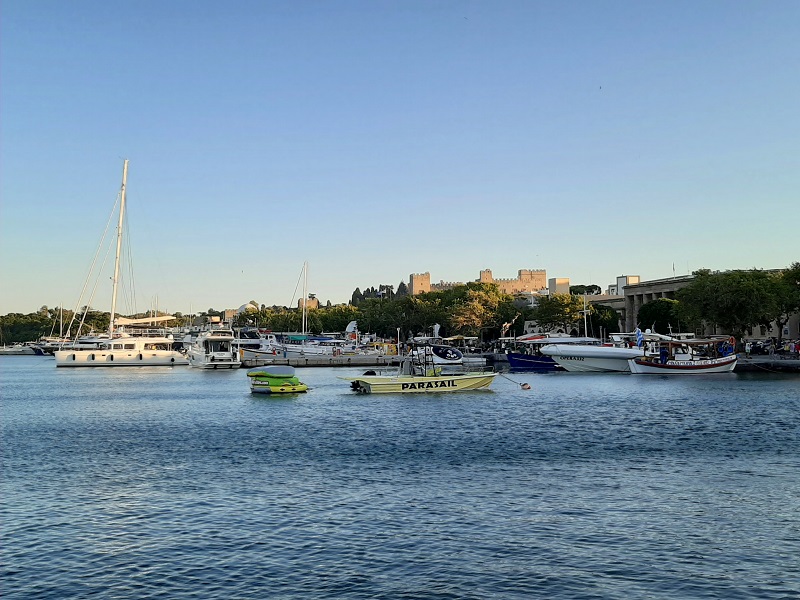
Too expensive for the locals?
Although foreign travellers visiting Greece may be able to absorb the price hikes of ferry tickets, it’s a different story for many locals.
Many locals on the Greek mainland fear they may no longer be able to afford a holiday on the islands, while islanders worry that ferry tickets to the mainland will become too expensive.
Especially in the latter case, it can create significant social problems, as people living on smaller islands rely on affordable ferry links to larger islands or the mainland for shopping, education, public services, or simply travelling to meet friends and family.
Another article in Kathimerini, published in June last year, warned that a family of four wishing to travel from Piraeus to Heraklion on Crete would need to pay €642 for ferry tickets if they want a cabin included on the overnight sailing.
When they want to bring their car on board the ferry for their island holiday, the costs would rise to a level that exceeds the minimum net salary in Greece, clearly showing how ferry tickets have become too expensive for a large segment of the local population.
Although subsidised tickets for islanders are available, the article warns that “the fact remains that the cost of going to the islands is much higher than it was five years ago”.
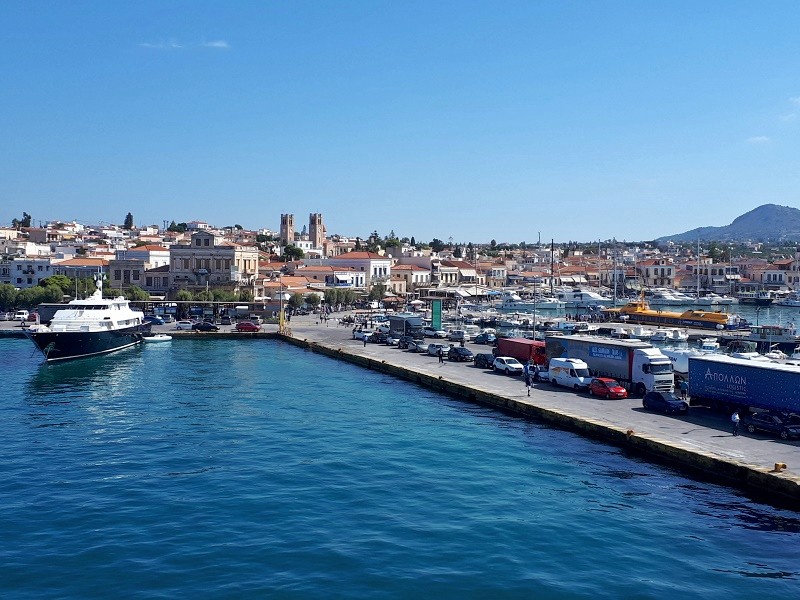
My own experience
Having lived on Crete for a year a decade ago, and having visited the mainland and other Greek islands once or twice each year since, I have plenty of first-hand experience travelling around Greece.
The reports of Greek ferries becoming more expensive each year are certainly not exaggerated, and the price hikes surpass standard inflation.
I love travelling by ferry and have fond memories of my Greek sailings, such as my Blue Star Ferries trip from Naxos to Astypalea, the overnight ferry from Astypalea to Kastellorizo, the short ferry crossing between Rhodes and Halki, and the ferry from Piraeus to Sifnos, to name just a few journeys I’ve previously written about.
Although some ferry routes — especially those operated by older conventional ferries and so-called PSO (Public Service Operation) routes, which are subsidised by the Greek government and EU — still offer affordable tickets, it is primarily the fast catamaran ferries and routes to popular island destinations that have the most expensive tickets.
Even when multiple ferry companies operate a certain route — such as the one to Milos on the Western Cyclades ferry route — prices can still be extremely high despite the competition.
In my experience, the worst ferry company in all of Greece for high ticket prices is Seajets.
Between Piraeus and Milos, Seajets currently charges €78.70 for a one-way ticket, which is more than most Europeans likely pay for a flight to Athens!
Even though the Seajets catamarans are fast, and I understand that the shorter crossing duration comes at a premium price, I much prefer a more leisurely sailing on the open deck of a conventional ferry, which is not only a more comfortable experience, but it will also save you a lot of money.
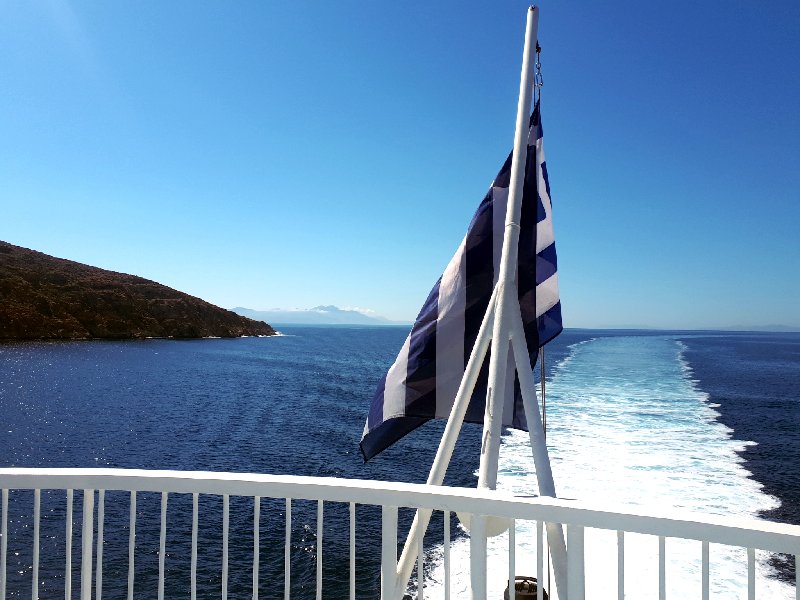
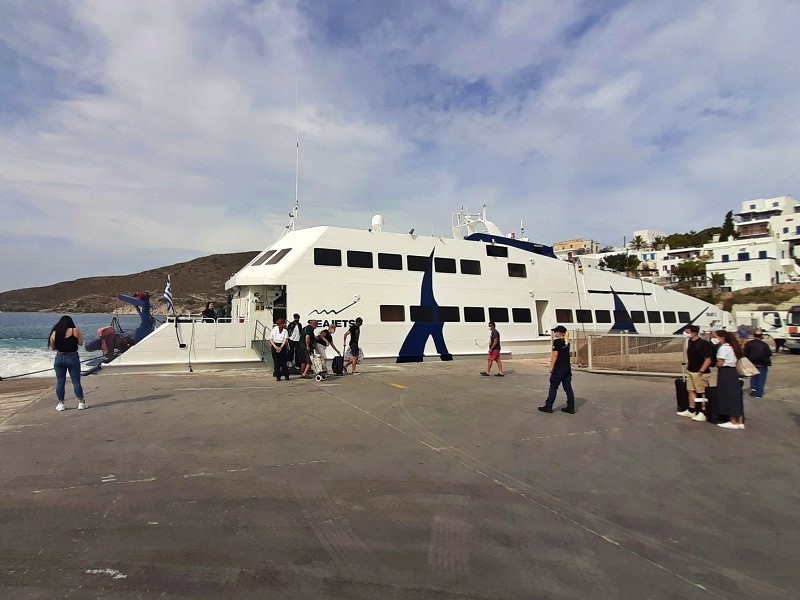
Conclusion
Greek ferry ticket prices are set to rise by 15% this year due to new EU environmental regulations, pushing them to levels higher than those in Northern Europe.
Besides the increase in costs, which adversely affects ticket prices, experts also cite the lack of government will to regulate the market, along with the Greek shipping oligopoly controlling most of the capacity, as the main factors behind the skyrocketing ferry prices.
As a result, ferries are quickly becoming too expensive for a large part of the Greek population, with many locals fearing they can no longer afford island holidays or travel to the mainland.

